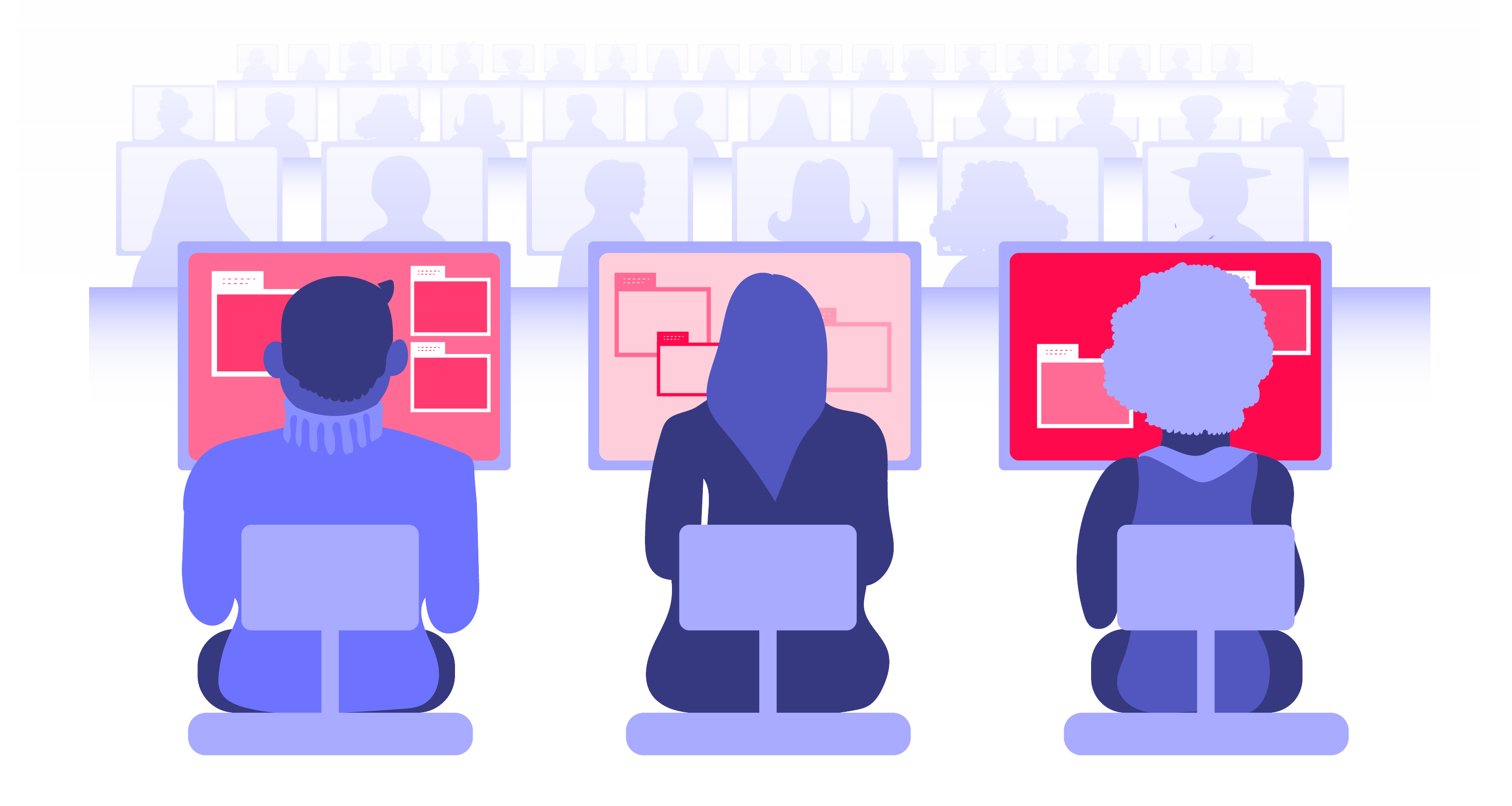Fairwork AI
There is nothing “artificial” about the immense amount of human labour that builds, supports, and maintains AI products and services. From content moderation and data annotation to warehouse logistics, millions of workers power today’s AI systems- often with little visibility or protection.
Fairwork AI evaluates and improves the conditions of these workers through research, supply chain audits and certification pathways, partnerships, and a globally validated ethical framework.
Why Fair Work in AI Matters
As AI systems expand, so does the hidden workforce behind them- especially in regions with weak regulatory protections. Companies now face growing pressure to ensure ethical practices across their digital labour supply chains. Regulations like the EU’s Corporate Sustainability Due Diligence Directive (CS3D) now require transparency across all tiers of production, including AI.
“If your company relies on digital labour, it’s time to prioritise fair work in your AI supply chains.”
The Fairwork AI Principles
The Fairwork Principles provide a globally recognized foundation for evaluating fairness in digital labour, including AI supply chains. They guide our approach to identifying risks, improving conditions, and driving accountability across platforms and outsourcing firms.
Recognised for their impact on fair labour standards, the principles are endorsed by national governments, including the German Federal Government and the UK Foreign, Commonwealth & Development Office (FCDO), and are supported by organisations representing over 27 million workers worldwide.
The principles form the basis of the Fairwork audit and certification pathway, helping companies evaluate risks, take meaningful action, and demonstrate their commitment to fair and responsible AI supply chains.

The Fairwork Audit and Certification
Fairwork’s audit and certification process supports organisations in assessing and improving labour practices across AI supply chains. Grounded in the Fairwork Principles, our approach is structured, collaborative and designed to promote long-term change; not just one-off compliance. Unlike traditional audits, our evaluations combine a clear and structured assessment of working conditions with tailored action plans to help companies implement meaningful improvements. We focus on creating alignment between ethical labour standards and the realities of innovation and growth in AI development.
“Whether you’re beginning to map your AI labour footprints or advancing toward certification, Fairwork provides a clear, credible, and collaborative path to fairer AI supply chains.”
Through a four-phase process, we guide organisations from insight to implementation:

Organisations can choose from two levels of engagement:
- Audit-Only: Complete the first two phases, Discovery & Risk Assessment and Action Planning, and complete a one-time audit.
- Certification: Engage in all four phases to receive:
- Fairwork Onboard Certification – recognising the lead firm’s initial commitment to fair work after Discovery & Risk Assessment phase.
- Fairwork Endorsed Certification – awarded to firms demonstrating sustained progress and alignment with the Fairwork Principles through successful implementation of remediation plans.
The Fairwork Impact
Fairwork works with organisations to bring transparency and accountability to the hidden labour behind AI. Through audits, partnerships, and ongoing engagement, we help companies identify labour risks, improve conditions for workers, and embed fair practices throughout their digital supply chains.


Fairwork Case Studies & Reports
Fairwork documents the realities of digital labour and the impact of AI supply chains through detailed case studies and research. Our reports highlight risks, surface worker experiences, and offer practical recommendations for companies and policymakers committed to fairer work. Browse our latest findings below:
Fairwork AI Ratings 2023: The Workers Behind AI At Sama
The first Fairwork AI report, part of the GPAI “AI for Fair Work” project, presents a case study on Sama—a data annotation company with a social impact mission. As attention grows around the precarious conditions in the AI supply chain, this report uses Fairwork’s ratings to assess working conditions at Sama across roles and tasks. It highlights that fairness at work isn’t guaranteed, but meaningful improvements are possible. The report focuses on key changes Sama made through its engagement with Fairwork.
AI for Fair Work: From principles to practices
In partnership with GPAI, this project re-assessed the OECD AI principles with a focus on pay, conditions, management, and representation. Using case studies from Amazon (UK) and Sama (Kenya/Uganda), it gathered practical evidence to be published in 2024. This report outlines the project’s methodology and the multifaceted approach needed to improve work in the age of AI.
AI for Fair Work Report
The AI for Fair Work Report (2022) presents the ten initial principles developed through the global tripartite consultation funded by the Global Partnership for Artificial Intelligence.
Work, Regulation, and AI Governance in the UK
This policy brief (2023) presents recommendations on the governance of AI in the workplace in the UK.
Generative AI, Jobs, and Policy Response
The research has also fed into a GPAI Generative AI Policy Brief (2023), which explores the future of work with respect to generative AI.
A Critique of Artificial Intelligence Ethics at Work
The article ‘Politics by Automatic Means? A Critique of AI Ethics at Work’ (2022), published in the Frontiers journal, outlines a critique of existing AI ethics in relation to work.
Partner with Us
Are you a company seeking to assess your AI labour supply chain? A policymaker shaping regulation? A funder supporting ethical AI? Let’s work together.
Contact us through info@fair.work or fill out interest form using the below QR code.
